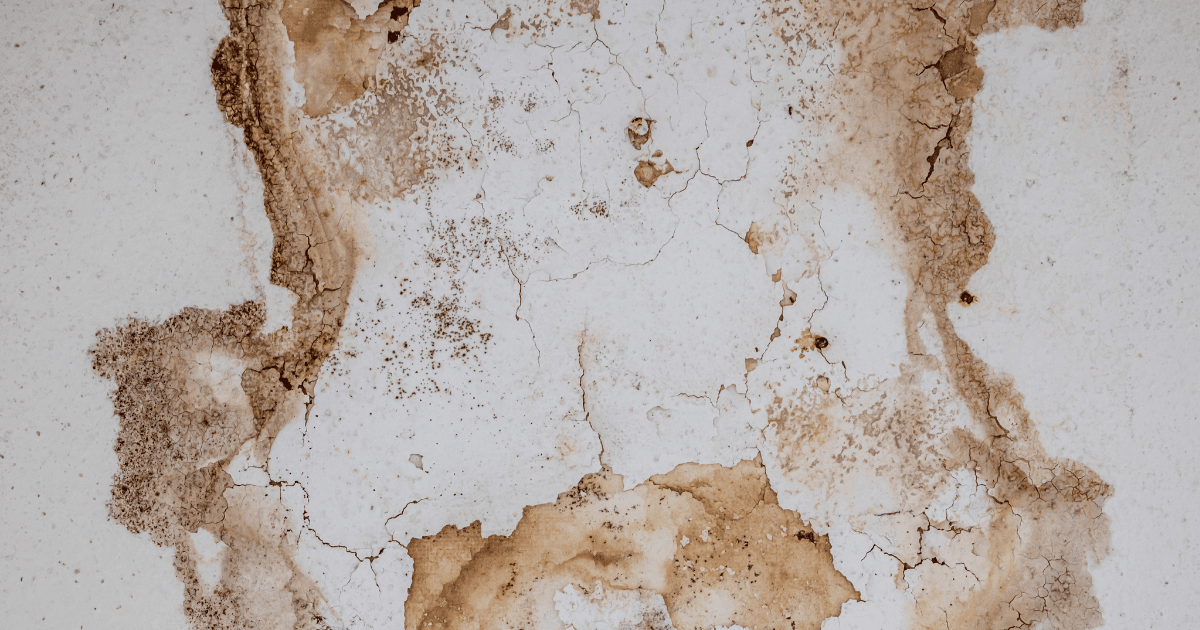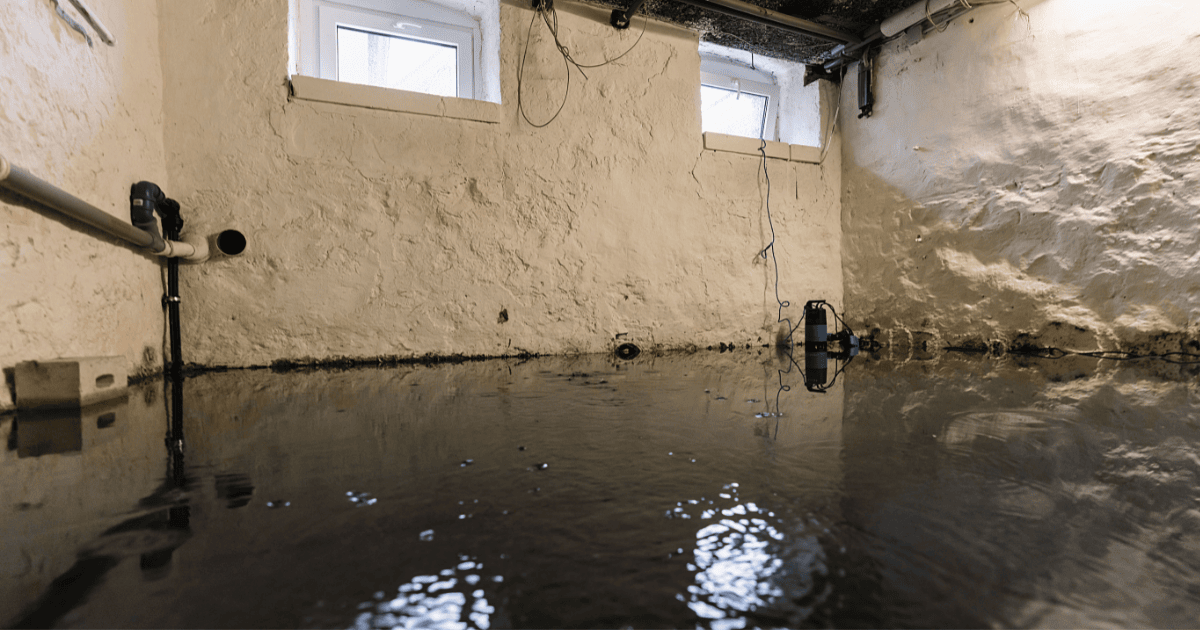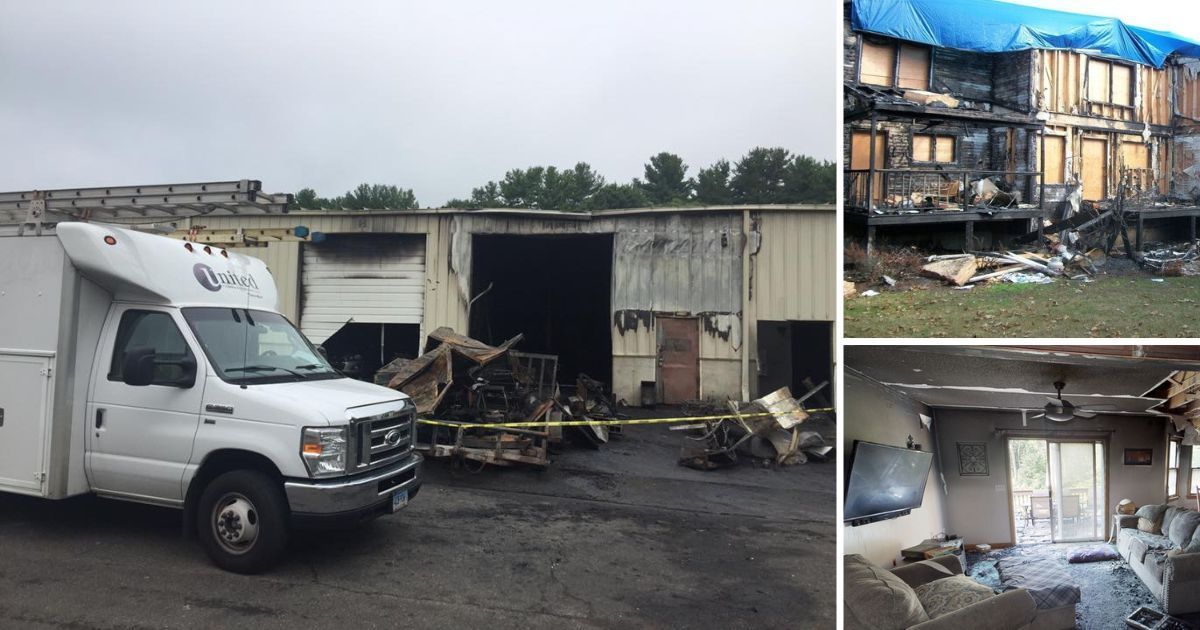Many homeowners panic when they notice water damage in their homes. After all, several secondary problems can occur if the home is not dried thoroughly. It’s vital that every bit of moisture be removed from the house, including water saturated in the walls, floors, and other building materials.
If the home isn’t dried correctly, homeowners can find themselves combating mold, mildew, and rot alongside the other water damage restoration issues. Fortunately, drying a home doesn’t have to be complicated. There are steps that can quickly help get any house back to its pre-water damage condition in no time.
Extract Excess Water with Pumps
When dealing with water damage, the first priority is to extract all standing water. Whether the flood was an inch or several feet deep, it’s critical that every drop be removed to prevent further damage.
Water pumps are the best way to remove large quantities of water efficiently. The average homeowner won’t have access to these tools, but a
water damage company can help. They have access to industrial-grade pumps that can quickly extract water from floors, upholstery, carpets, and more.
Remove Soaked Materials
After standing water has been extracted, it’s time to remove any saturated materials. The longer they sit in a home, the more they can cause mold or rot problems. Wet rugs, curtains, and furniture should be immediately removed from the house. Any wet newspapers, magazines, or other dyed materials should also be removed as they can leave behind stains. All salvageable items can then be sent off for professional cleaning.
Use Mechanical Air Movers
The next step in how to dry out water damage is to increase circulation. While a natural breeze can work wonders for drying a home, it isn’t always available. Depending on the weather or temperature outside, it may be better to keep the windows closed rather than opening them for natural air movement. This is especially true if it is a hot, humid day, as these factors can encourage mold growth.
In order to move air more efficiently without opening windows, water damage removal companies use mechanical air movers. These large, high-powered fans can help to dry out the remaining moisture within drywall, flooring, and furniture.
These fans must be used strategically to increase air circulation. A team of professionals can ensure that each fan is placed in the right spot to optimize efficiency.
Remove Excess Moisture with a Dehumidifier
Finally, it’s important to remove every drop of excess water vapor from the air inside a home. Materials can look and feel dry, but that doesn’t mean that the risk of secondary damage is gone. Increased humidity levels are just as likely to cause mold problems as standing water. In fact, mold problems could be more challenging to spot if the water vapor makes its way into an HVAC system.
Dehumidifiers are key to getting humidity levels back to normal. For widespread water damage, it's best to let the professionals use their commercial dehumidifiers. If the extent of water damage is less extreme, some homeowners may be able to use their own portable dehumidifier. The room should be completely sealed off while running the machine for the most effective results.
Find out More About How to Dry Out Water Damage with Professional Help
To learn more about how to dry out water damage, contact the helpful professionals of United Property Restoration Services. Their trained and certified experts have been serving Boston communities with dependable emergency service for years. Homeowners can get in touch with the locally owned company by filling out an online quote form or calling (781) 506-1651.



